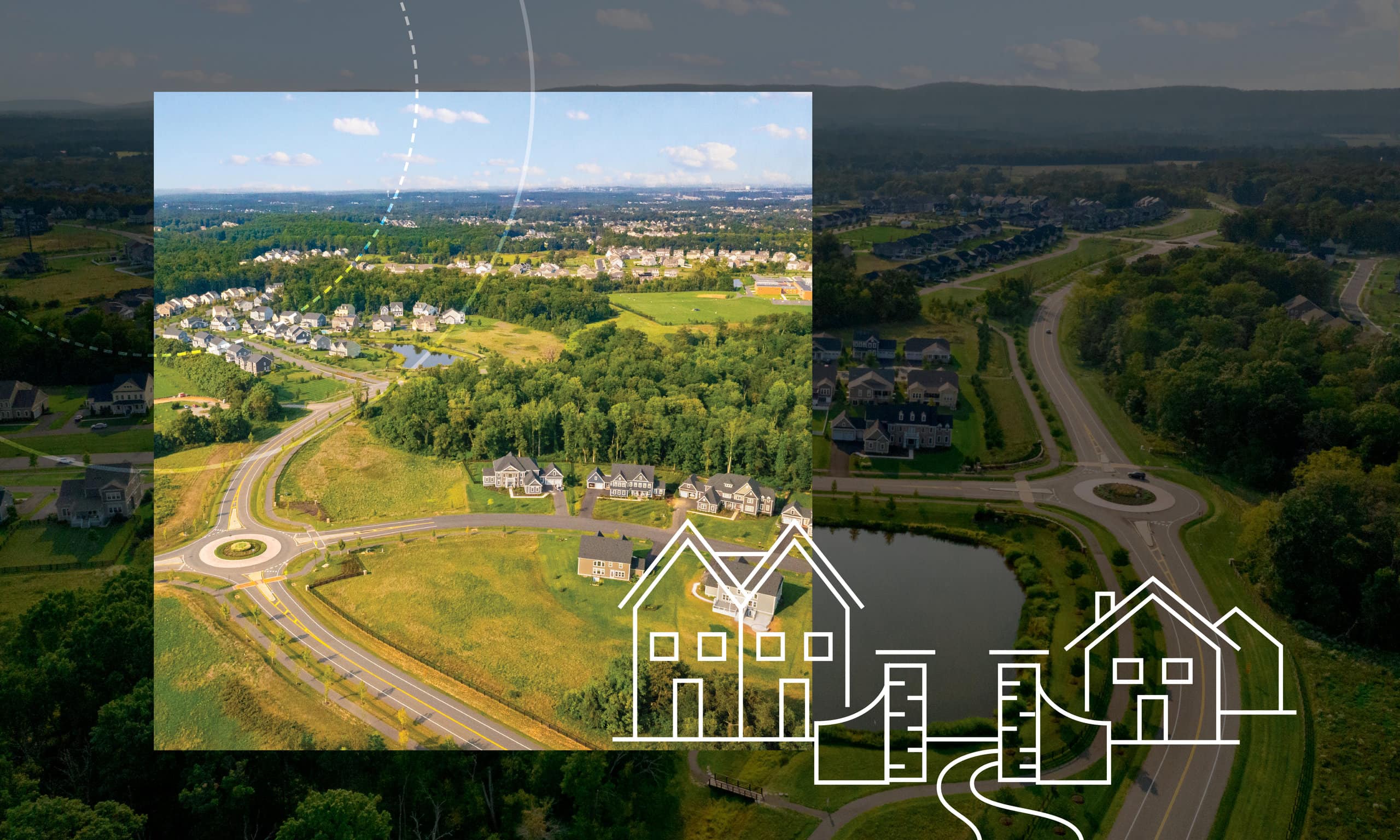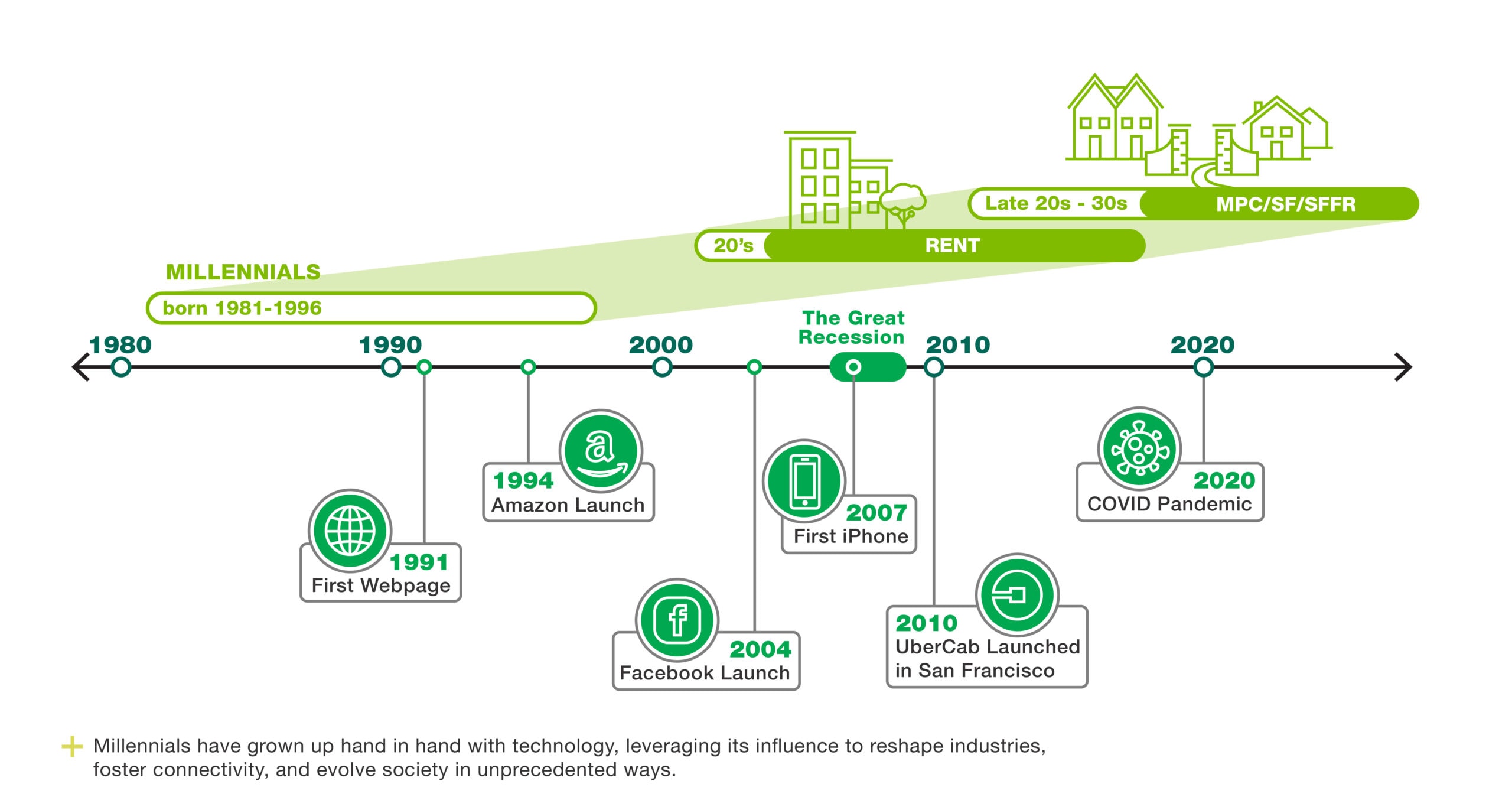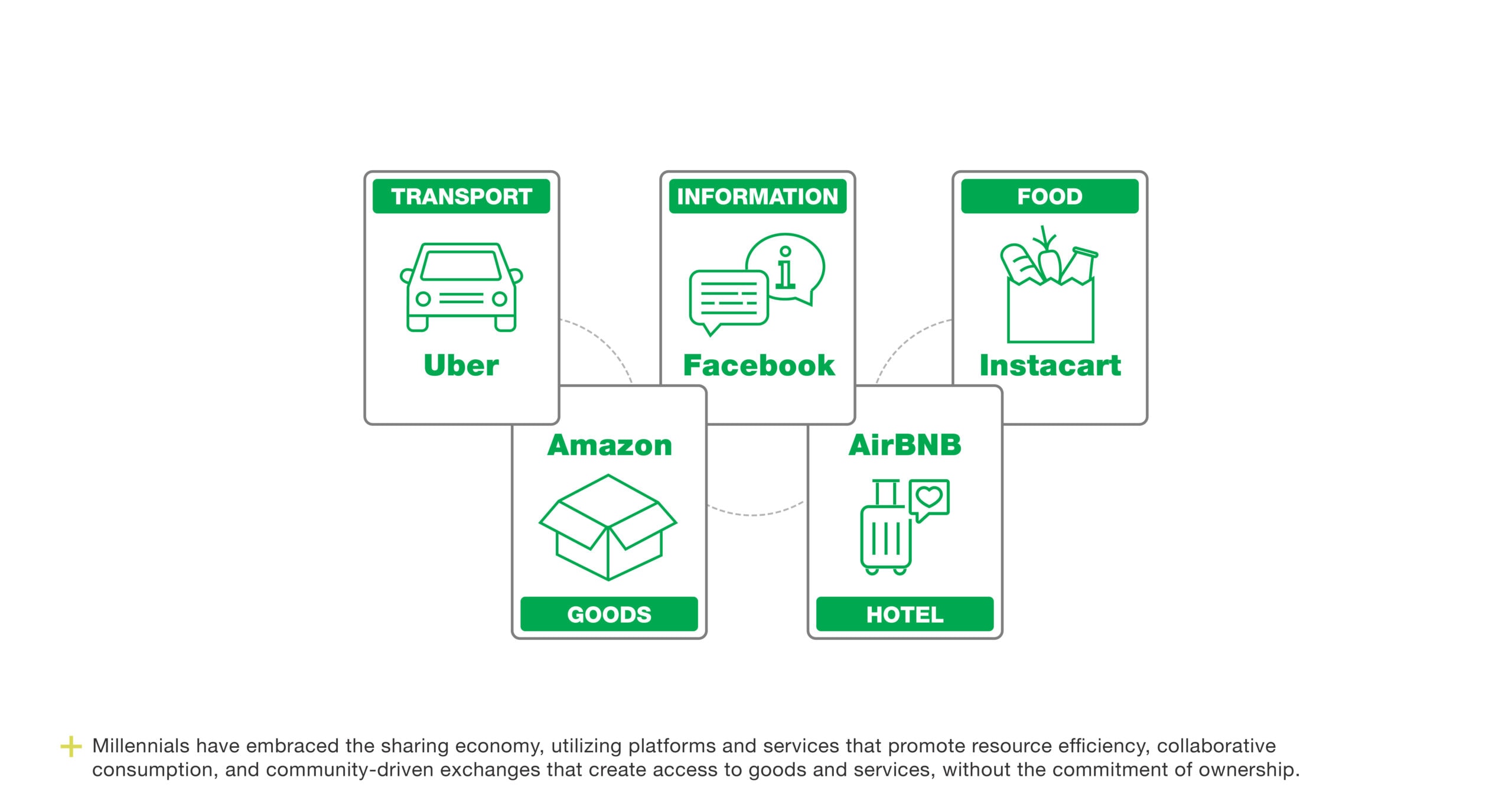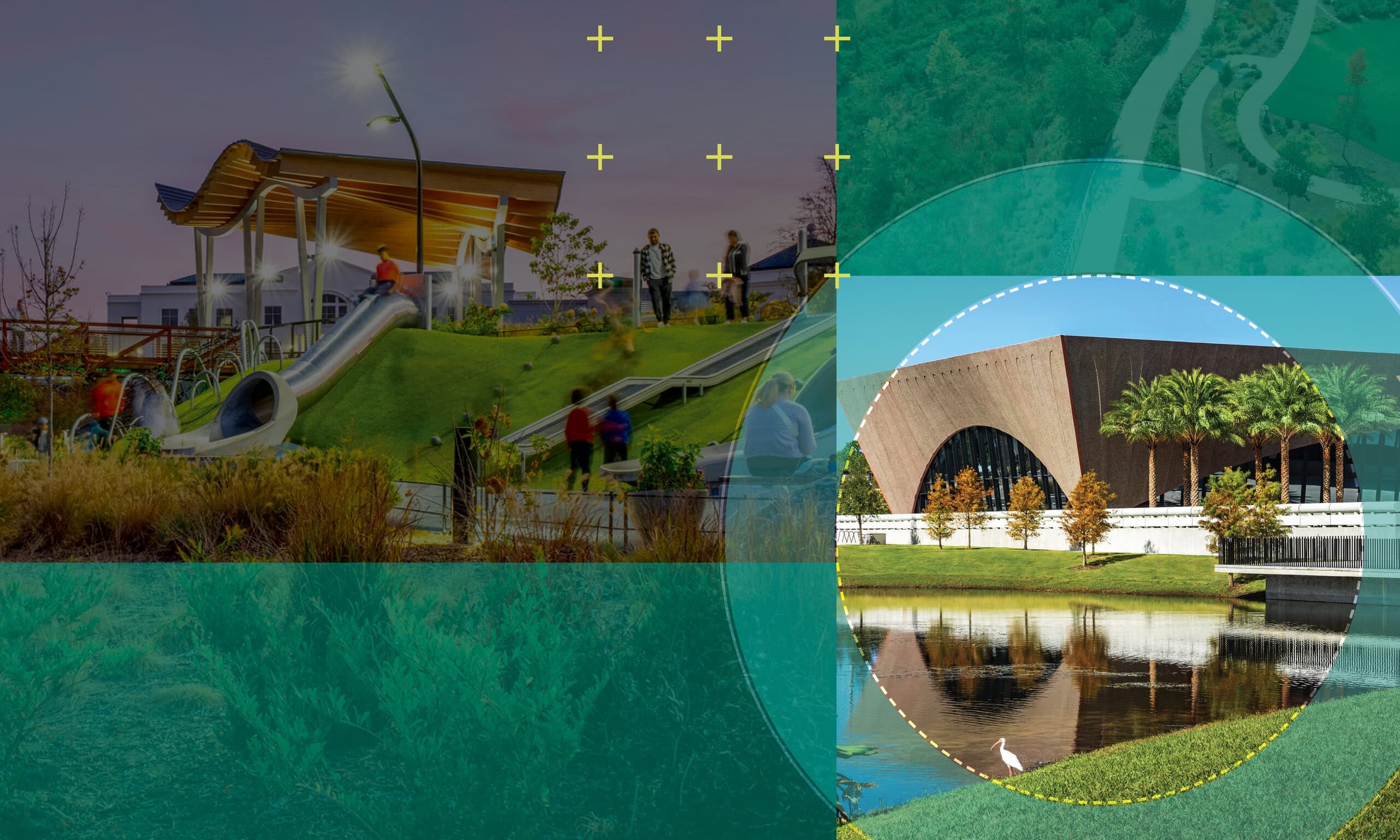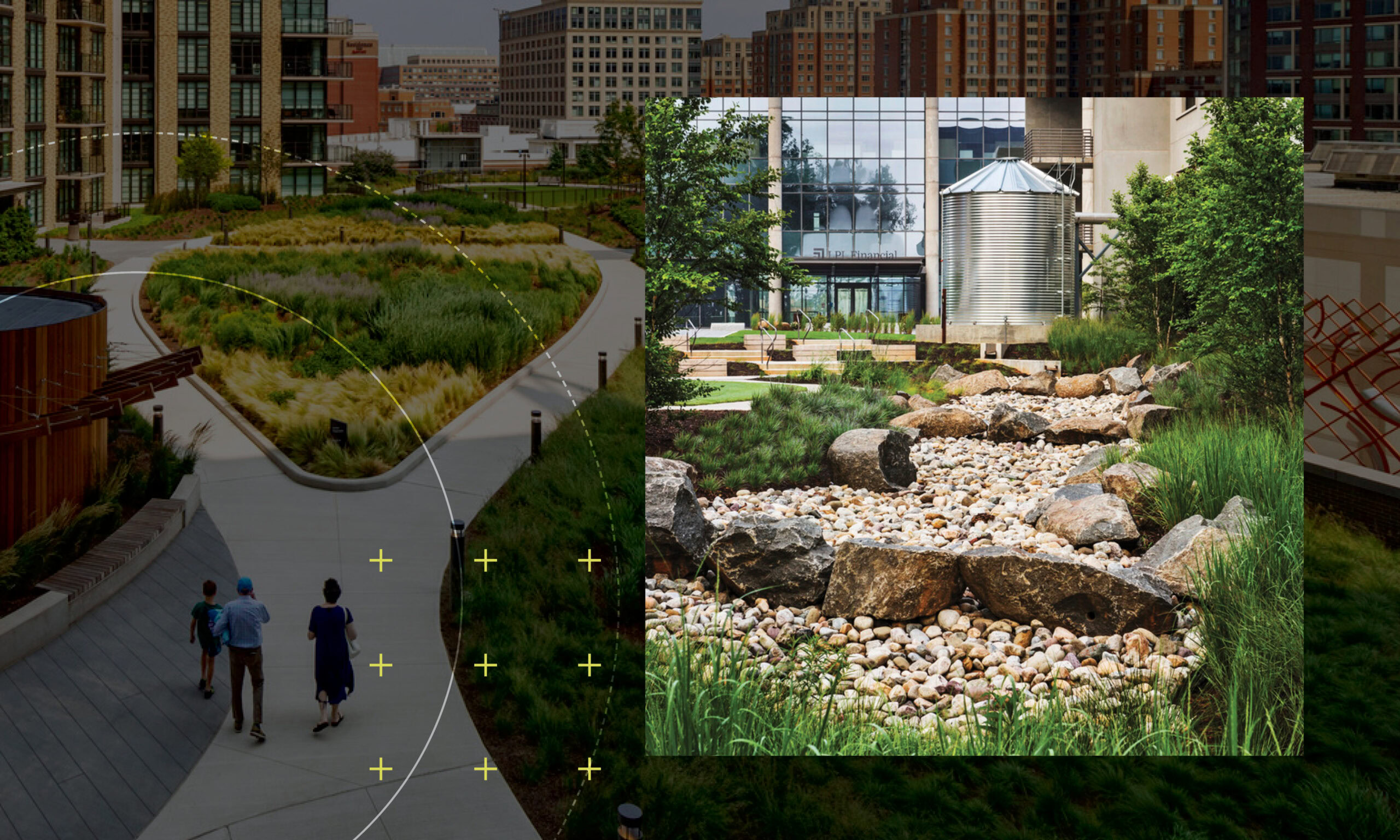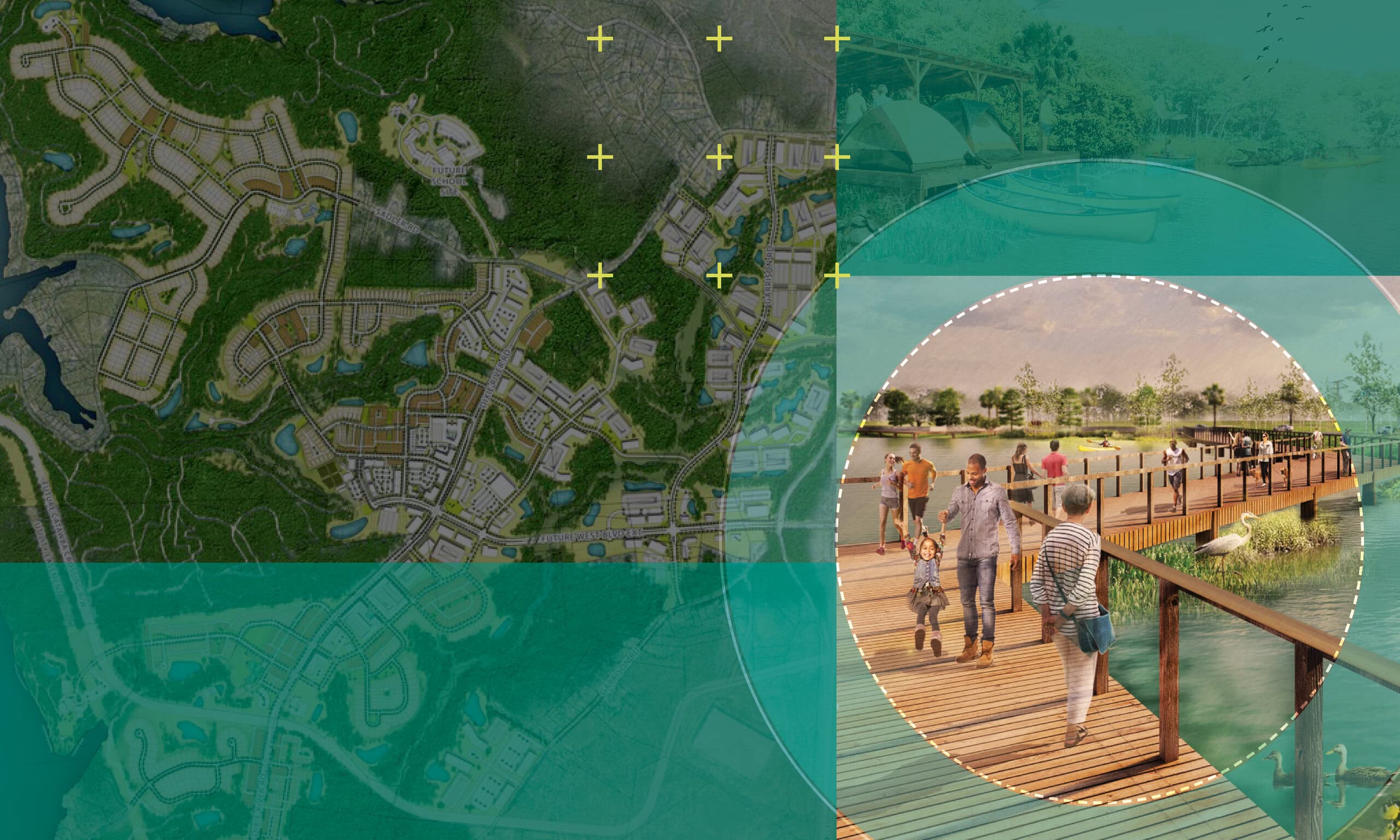For nearly 50 years, LandDesign has master planned award-winning residential communities across the nation. Over this span of time, we have witnessed residential neighborhoods of the 2000s mature and evolve into desirable communities-of-choice. In recent years, we began digging deeper to understand the demographics of the emergent generation of new residents entering the master planned community space—millennials.
The mid to late-2000s proved to be the migration of millennials to urban cities, solidifying the assumption that this generation would behave differently than Boomers and Gen Xer’s. Many believed that master planned communities would not be ideal considering their desire for urban experiences, however, research shows that millennials are indeed migrating to the suburbs, growing families, and seeking homeownership—just a bit later in life.
LandDesign leveraged data and research, including demographic and trend reports by RCLCO, to better understand this complex generation.
As this generation has come into its own, Boomers and Gen Xer’s have generally come to desire the same spaces and experiences shaped by the influence of millennials.
-
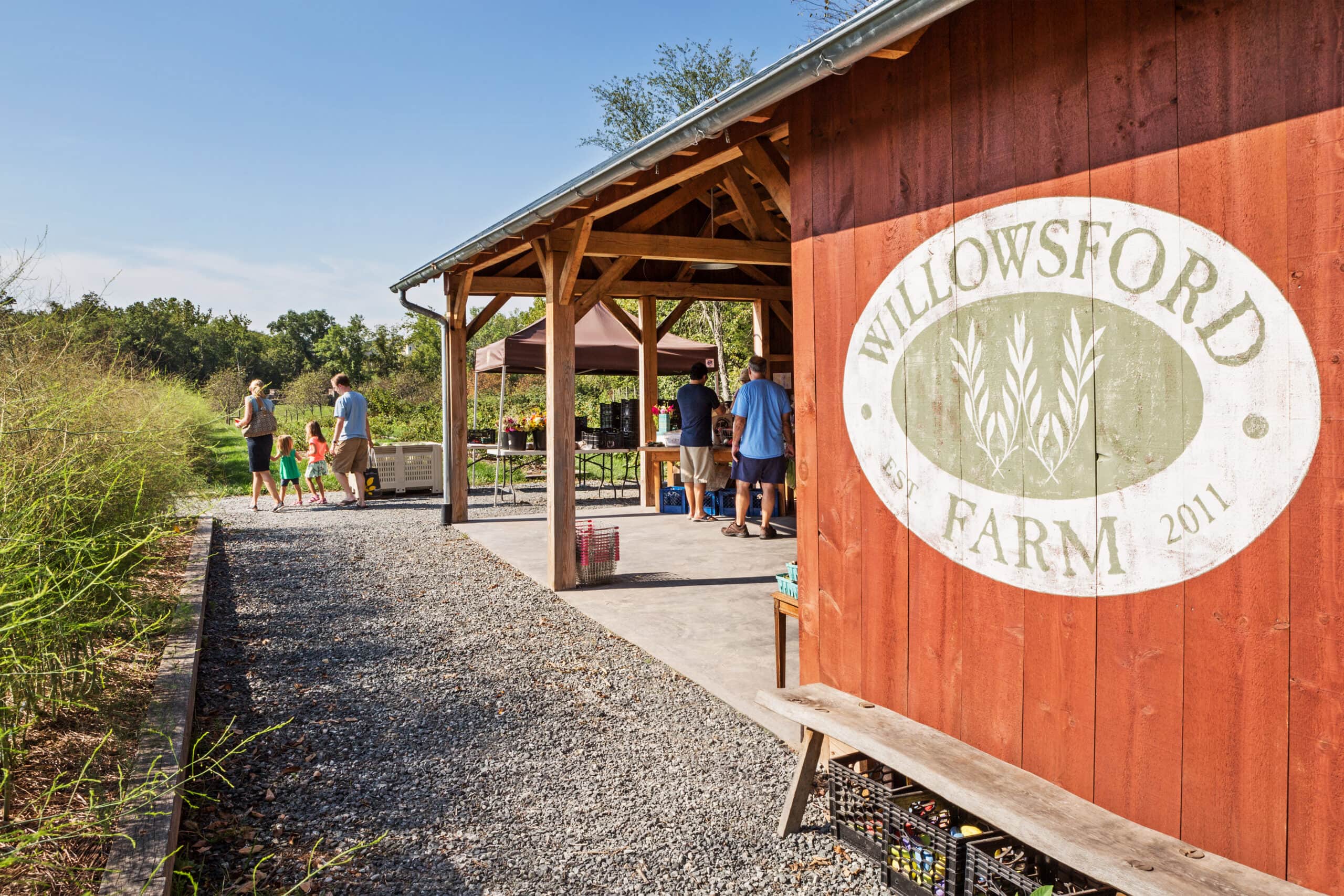
A Desire for Authentic Places
At LandDesign, our process begins by crafting a compelling story, which is the foundation to creating an authentic place. It is critical that we revisit this basic premise with every project as the answers shift and change over time. Technology and culture evolve in tandem, and, sometimes, there are unpredictable disruptions, such as a global pandemic, that force us to think differently about the way we live. Being aware of these trends is critical, no doubt, but what truly makes a community successful is evoking an emotional connection between the story and its intended audience.
By the numbers, Baby Boomers and Gen Xer’s are maturing respectively, while millennials are taking their place as the most populous and influential market segment. Aside from their sheer numbers, what is fascinating about this generation is their inherent diversity that makes them trendsetters among other generational cohorts. As this generation has come into its own, Boomers and Gen Xer’s have generally come to desire the same space and experiences shaped by the influence of millennials.
Understanding the Millennial Lifestyle
Millennials desire for authentic experiences is largely due to the rapid growth of the sharing and experience economy. The emphasis on experience has largely been shaped by their circumstances—most millennials have lived through two recessions, and many are burdened with student loan debt. They are also the first generation to straddle the information era, aptly dubbed digital natives for having been born before the existence of the internet and grown up alongside it. Their proficiency with technology has undeniably transformed their way of thinking.
The rise of social media has afforded millennials the ability to communicate across the globe in real time and observe how other people live their lives. Wanderlust and Influencer Culture are defining traits for the generation, which reinforces their craving for experiences they can share with others. When considering how their financial challenges and digital prowess intersect, it only follows that the sharing economy has taken off the way it has. Why own a car when you can pay to rideshare? Uber and AirBnB are just a few examples of companies that have transformed how we experience the world around us, weaving together experience, technology, and mobility.
The Future of Millennial Master Planned Communities
Implicit to their design, master planned communities have a built-in capacity for flexibility, which makes them a prime candidate for addressing the evolving and nuanced needs of millennials. When we look at successful master planned communities from ten, even twenty years ago, we can clearly see how their design evolves with each generation, from lifestyle and amenity to trends and culture. As we constantly reassess the criteria for successful master planned communities, millennial preferences represent a valuable metric to inform planning and decision decisions.
As we continue to explore the role of millennials in shaping the future of master planned communities, we seek to translate how their embodied values translate to a sense of place. By gaining this deeper understanding of what resonates emotionally with this generation, we hope to build a stronger model for community design.
Follow along as we dive into the millennial lifestyle and share our thoughts on how it should influence the design of master planned communities.
